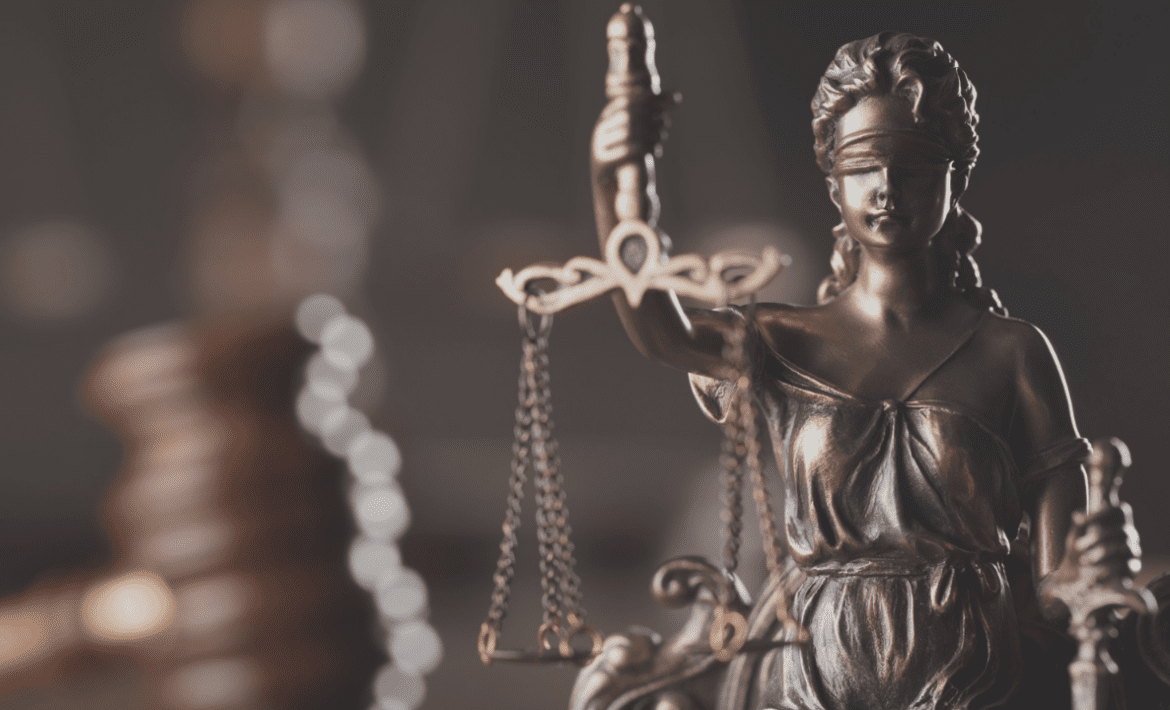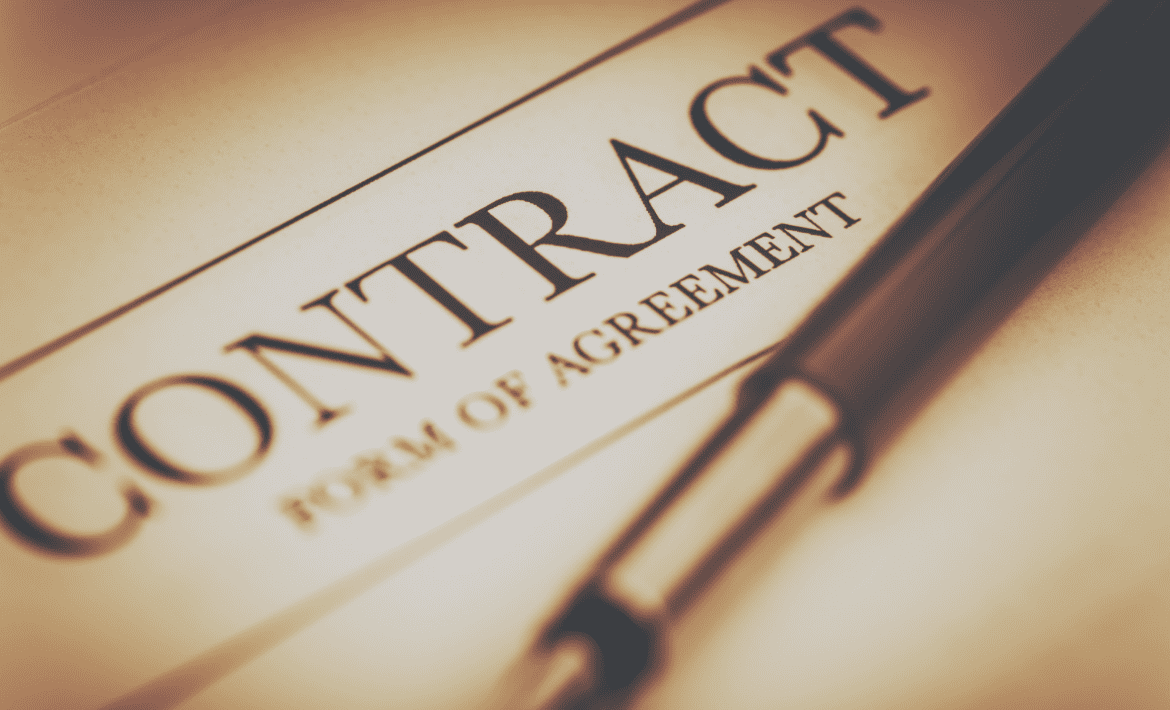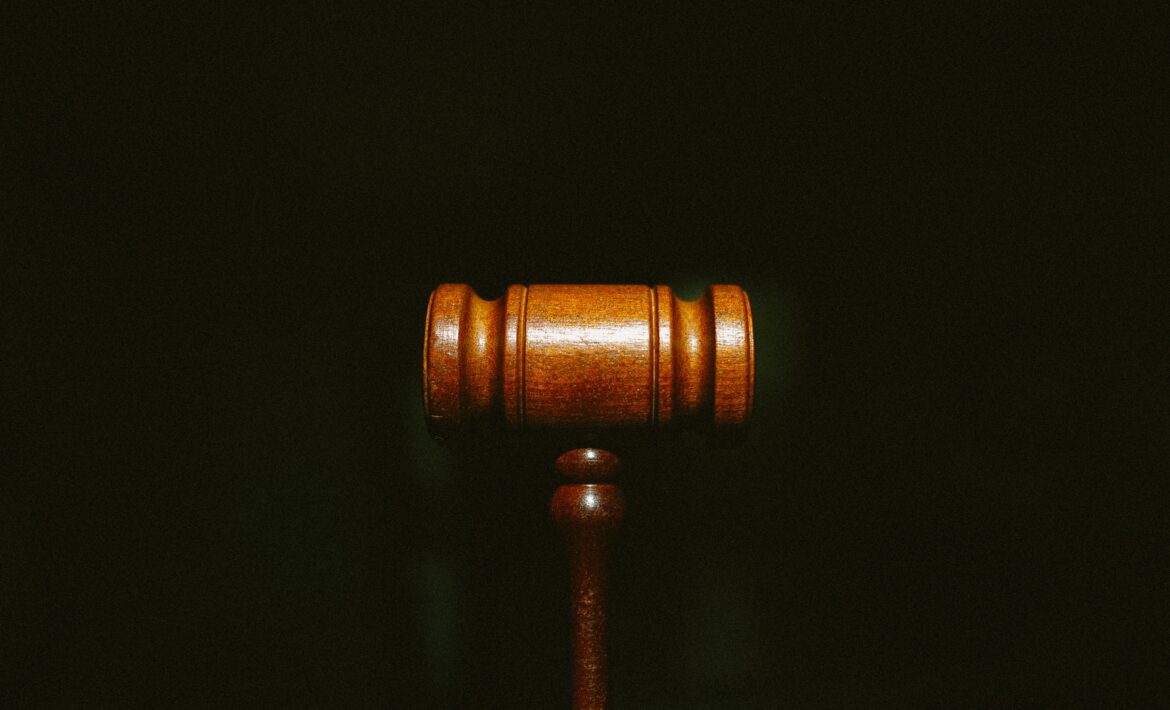Cookie consent violations lead to a fine of 60 million euros for Microsoft
Microsoft was recently hit with a fine of 60 million euros from CNIL of France for various cookie consent violations. Following several investigations into the company regarding cookies deposited via bing.com, CNIL has imposed a fine of €60 million on Microsoft. The investigations were spurred by complaints about the conditions for depositing cookies on








